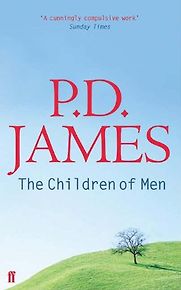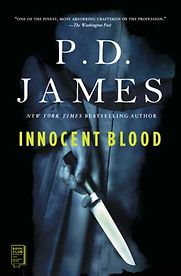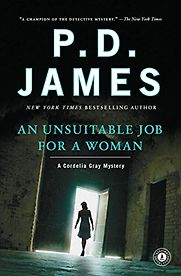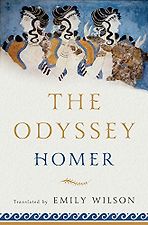Recommendations from our site
“I’ve started and finished with books that are literary thought experiments. In science, you can learn a lot from a well-conceived thought experiment. In German, it’s called ‘gedankenexperiment,’ and we often use that word, even in English, because it’s such an important way of thinking. It was important in the development of quantum theory. The gedankenexperiment that PD James does here, is to say: ‘Suppose that nobody could have any children anymore. How then would we live? What would we live for? And what would our purpose be?’ She explores how different people would respond, and how different people would live in that situation. The people born in the last generation, called the Omega children, run amuck. Like in the last book we’ll look at, there are two people closely related who have different fortunes. In this case they’re cousins. There’s the narrator, who is an Oxford academic and his cousin, who ends up as the warden of the whole of England.” Read more...
The best books on Nature of Reality
Andrew Briggs, Physicist
Set in a near-future (this time, in England), in which the entire population has been rendered infertile, this dystopian classic also explores themes of human reproduction and political dissidence. You might be familiar with it as the book that formed the bedrock of Alfonso Cuarón’s hit 2006 film of the same name, which starred Julianne Moore and Clive Owen, although Cuarón made significant alterations to James’s original plot. It’s well worth returning to the original text. The Children of Men was first recommended on our site by the physicist Andrew Briggs, in his interview on books about the nature of reality.
From our article Books like The Handmaid’s Tale








